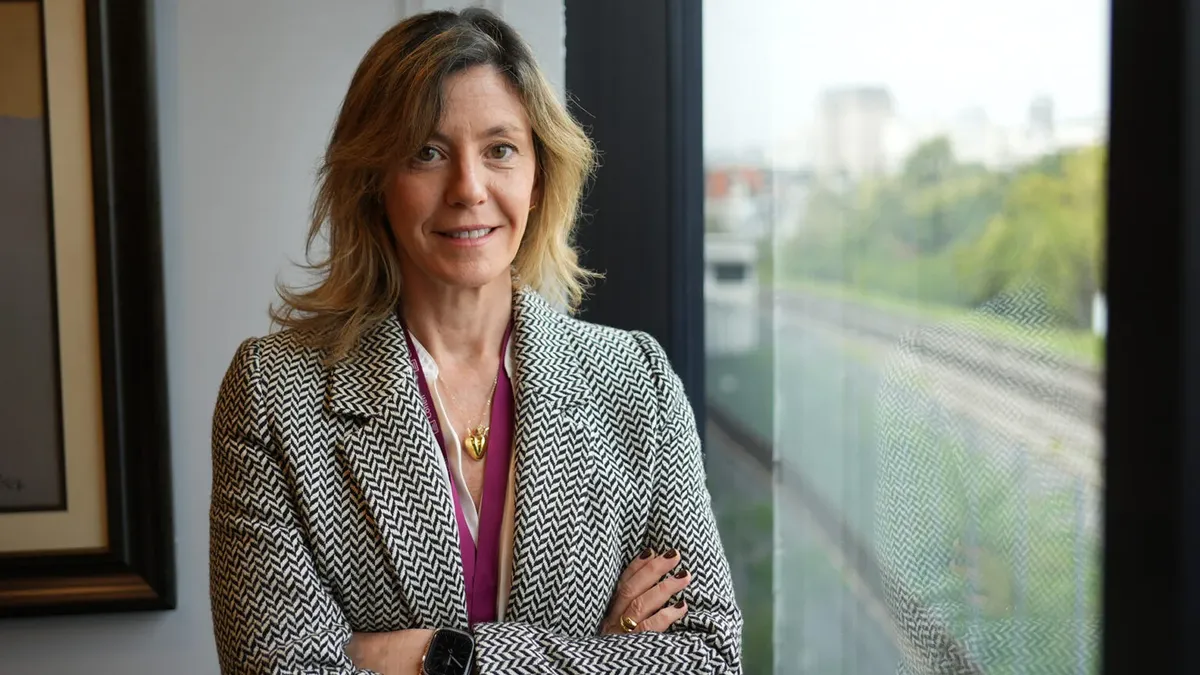In today’s world of sales, especially in the area of high-value transactions, a key profile for businesses has emerged: the sales closer.
This professional, who has gained popularity in recent years, is not only limited to selling a product or service, but also specializes in closing sales in an ethical, personalized and effective manner.
What is a sales closer?
He is the one who brings a transaction to its conclusion in a tangible way and with a focus on the client. He is a fundamental figure in high-value sales, those that require a considerable investment on the part of the client.
Your goal is not to force a decision, but to guide the customer to recognize how the product or service can genuinely meet their needs and wants.
This differentiates it from a traditional seller, as it focuses on helping and accompanying the client in the process, generating a relationship of trust.
Characteristics of the sales closer
To carry out their work, a sales closer develops and perfects a series of skills and qualities that allow them to connect with the client in a unique way:
Empathy and ethics: understands that the key to success is understanding the client’s situation and feelings. Act ethically and always look for the client’s good rather than a simple sale.
Active listening: His ability to listen to and capture the client’s true concerns and desires allows him to adapt to each conversation on an individualized basis. He does not use predefined speeches, but rather adjusts his approach to each client.
Authenticity and consistency: The closer is authentic in his interactions. It is shown as it is, without trying to manipulate or persuade in an unethical way. This consistency allows you to build trust and establish an emotional connection with the customer.
Specialization in the product and in the client: He knows the product or service he offers in depth, but also understands the specific needs of the client. This allows you to present the product in a way that truly resonates with the listener.
Customer orientation, not product orientation: Unlike the typical salesperson, the closer focuses on the customer’s needs and desires, and not just highlighting the features of the product.
He sales closer follows a structured yet flexible approach that allows you to guide the client without putting pressure on them.
Here are some key steps in their process:
Initial qualification: Before closing a sale, the closer evaluates the client using questions that allow him to know his situation, the conflict (that is, his doubts or indecisions) and his desire. This gives you a clear vision of what the client is really looking for and the possible barriers to overcome.
Creating emotional connection: People tend to buy with emotion and then justify with logic. The sales closer uses this premise to awaken authentic interest in the product, first appealing to the customer’s emotion and then presenting logical arguments to support his decision.
Digital tracking: Many sales closers use digital tools to perform strategic monitoring, observing customer interactions with ads or company publications. For example, if a customer has repeatedly shown interest in an advertisement, the closer gets in touch to resolve any questions and guide them in their decision process.
Trust generation: In a digital context where scams are common, actively work to build trust, whether through referrals, virtual meetings, or the use of secure payment platforms. Transparency is essential for the client to feel secure in their decision.
Closing of the sale: Instead of “pressuring” the client, the closer facilitates the closing process. Their goal is to help the client make the best possible decision, based on their needs. It doesn’t force the outcome, but instead makes sure the customer understands the real value of the offer.
The sales closer is a key piece for businesses seeking to close high-value sales ethically and effectively. With empathy skills, active listening and a focus on the client, he creates relationships of trust that lead to successful transactions. In short, it does not sell; helps you buy, resulting in a positive and satisfying experience for both the customer and the business.
Expert in online sales and digital marketing. Creator of the Closer University.
Source: Ambito




